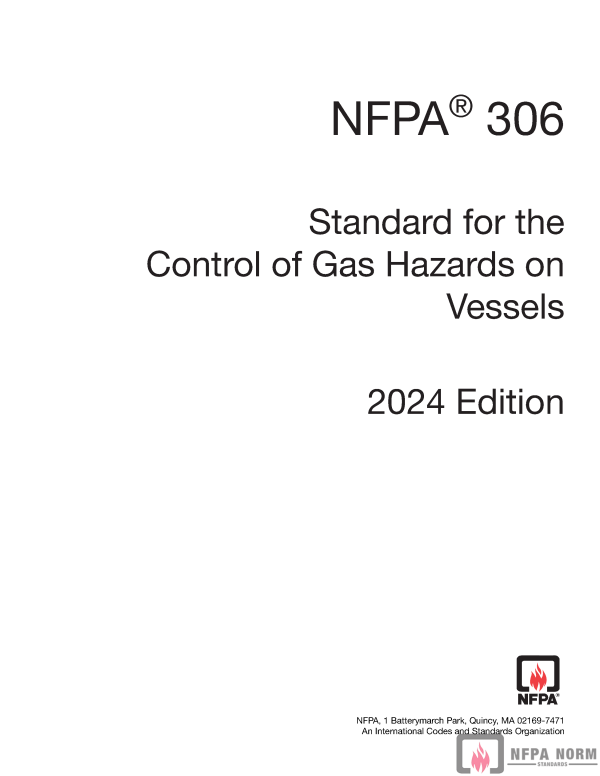
Purchase the full subscription package now and enjoy a 40% discount, along with free updates for future editions.
NFPA 306 PDF
$113.04 – $1,740.82
This standard provides requirements and conditions for use in determining that spaces on vessels and within shipyards that are subject to concentrations of combustible, flammable, or toxic liquids, vapors, gases, chemicals are safe for entry or work, as documented by a Marine Chemist’s Certificate.
About This Product
NFPA 306 spells out where combustible and flammable materials are present on marine vessels — and safety precautions for entry and work in confined spaces.
Gas hazards present considerable fire protection and life safety issues for marine vessels, shipyards, and waterfront facilities. NFPA 306, Standard for the Control of Gas Hazards on Vessels codifies a set of requirements to mitigate the dangers that may come with concentrations of combustible, flammable, or toxic liquids, gases, chemicals, or vapors.
NFPA 306 is essential for safety before and during work aboard.
The standard prescribes the minimum requirements necessary for entry and work in confined spaces on marine vessels and waterfront facilities. It applies to vessels during construction, alteration, repair, and shipbreaking, as well as land-side confined spaces (whether stationary or mobile) located within the boundaries of the shipyard or vessel repair or other waterfront facility. NFPA 306 requirements also help you determine when a marine chemist is required, how a marine certificate is issued and maintained, and what to expect during an inspection.
Activities that fall within the purview of this standard include:
- Application or removal of protective coatings
- Riveting
- Welding
- Burning
- Other fire-producing operations
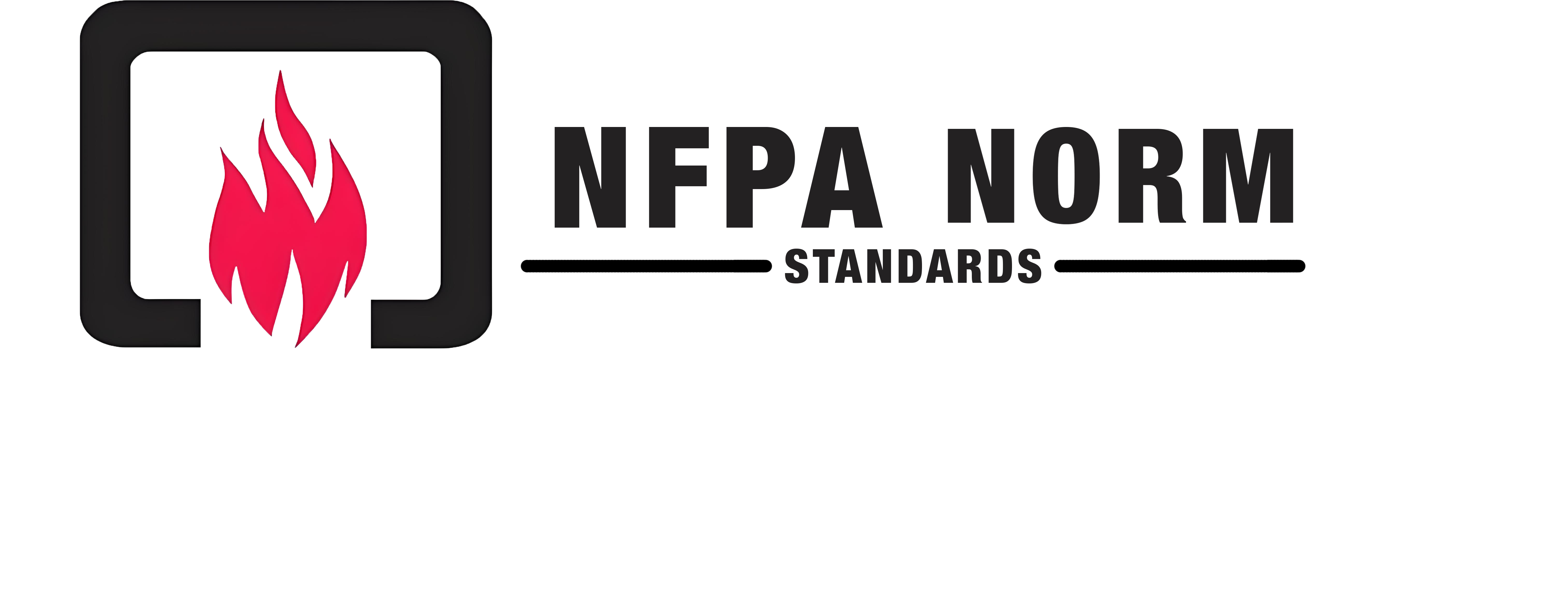
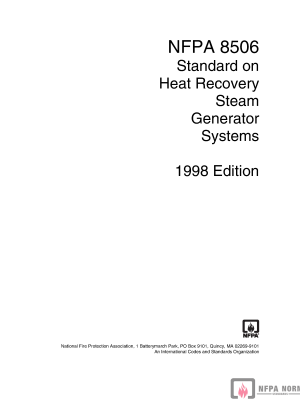
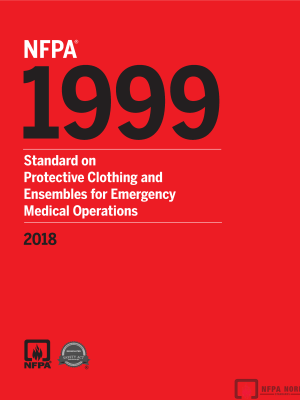
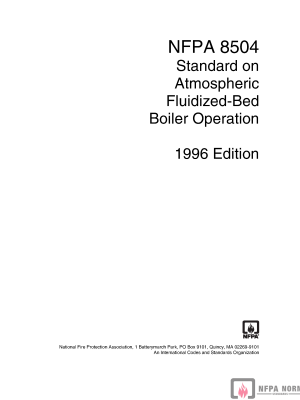
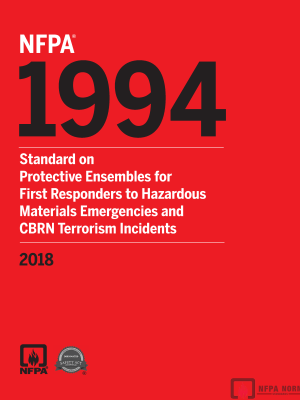
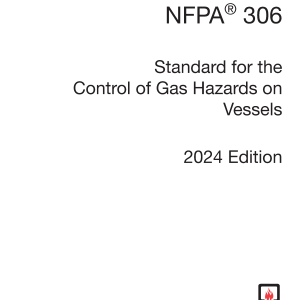
Reviews
There are no reviews yet.